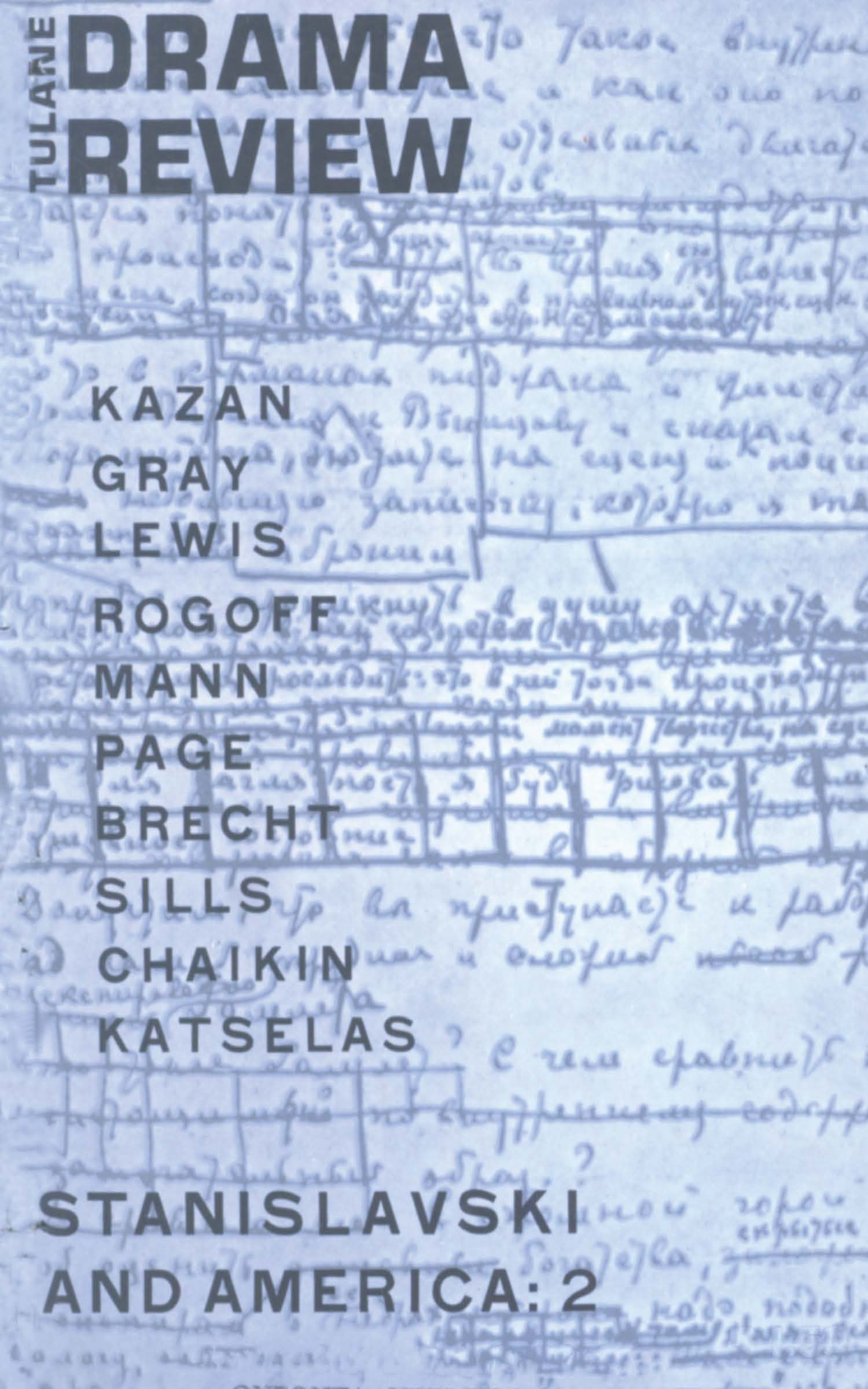No CrossRef data available.
Article contents
Shakespeare's Subtext: II
Published online by Cambridge University Press: 14 February 2022
Extract
In ordinary daily life we often say one thing and think another: “Do you mind?” when we think “How dare you!,” “You're looking fine” when we think “He is getting old.” Our social behavior is one truth about us, but there is another which our words and actions seldom display directly: if our acquaintances know anything of this, they have usually inferred it from tones of voice, physical reactions, peculiar emphases or hesitations, apparently meaningless mannerisms. Yet, paradoxically, this indirect impression can be the strongest and most lasting, our unspoken nervousness or confidence making a greater effect than considered conversation. And sometimes the indirect impression is one we do not take into account ourselves; perhaps some person arouses a reaction which we have never recognized in ourselves, or a situation makes us more afraid than we are able to admit. But even so, others may observe our changed behavior, for the effect we make individually is both direct and indirect, conscious and subconscious.
- Type
- Research Article
- Information
- Copyright
- Copyright © The Tulane Drama Review 1963




